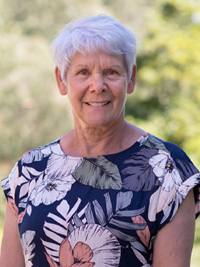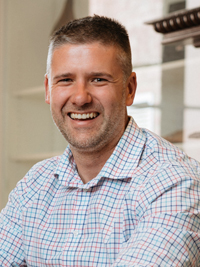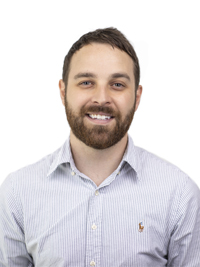Our Leaders
First Nations Advisory Group
Orygen’s First Nations of Australia Advisory Group provides strategic advice to Orygen, based on the collective experience and knowledge of current and emerging realities and needs in First Nations communities. The group aims to promote First Nations collaboration in the development and implementation of any initiatives, policies or actions that may affect the lives of First Nations young people.
The group’s contribution ensures Orygen is culturally appropriate, effective and meets the needs of First Nations peoples.
 Joyce Doyle (Clark-Morgan)
Joyce Doyle (Clark-Morgan)
Orygen Honorary Member
Joyce is a Yorta Yorta woman from Shepparton, Victoria.
Throughout her working life, spanning over 40 years, Joyce has had a significant positive impact on the health and wellbeing of her community. Working in areas of health, education, leadership and cultural recognition. Her strengths lie in the support she provides her community, encouraging empowerment and self-determination leading by example.
The strongest resources Joyce has relied on is the Rumbalara Football and Netball club which provides a core base for cultural identity and safety for the community. For Joyce, she says this journey has been slow and she has watched her community youth suffer in silence and rely on family strengths and support. She feels there is a huge gap in resources available to support the young people and their social and emotional wellbeing via a strong cultural setting such as Rumbalara Football and Netball Club.
 Warwick Padgham is a Taungurung man and the program manger of the Indigenous Law and Justice Hub at the Melbourne Law School. The Hub focusses on two areas of law that are pressing importance for Indigenous peoples: Criminal Justice and Self-Determination. Further this to this, Warwick provides advice regarding Indigenous graduate development across the university and its partners, as well as working on projects and activities specific to Indigenous doctoral advancement nationally and globally.
Warwick Padgham is a Taungurung man and the program manger of the Indigenous Law and Justice Hub at the Melbourne Law School. The Hub focusses on two areas of law that are pressing importance for Indigenous peoples: Criminal Justice and Self-Determination. Further this to this, Warwick provides advice regarding Indigenous graduate development across the university and its partners, as well as working on projects and activities specific to Indigenous doctoral advancement nationally and globally.
Prior to his current role, Warwick was Manager Indigenous Student Programs at the Melbourne Poche Centre for Indigenous Health and is responsible for the recruitment and support of Indigenous PhD students within the Faculty of Medicine, Dentistry and Health Sciences at The University of Melbourne.
 Dale Rowland is a proud Biripi and Wiradjuri man who is completing a PhD in Clinical Psychology on Kombumerri country (Gold Coast, QLD). Prior to starting his PhD, Dale had spent the past six years working as Learning Assistance Officer with the GUMURRII Student Success Unit at Griffith University. Dale has previously been an Associate Lecturer in the First Peoples Health Unit at Griffith University, and remains a research assistant and sessional tutor in the School of Applied Psychology. Dale holds student membership on the Australian Psychological Society - Indigenous Psychology Advisory Group and the Jilya Institute. Dale was the 2020 recipient of the Dr Tracy Westerman Aboriginal Psychology Scholarship Program and the Bendi Lango Bursary.
Dale Rowland is a proud Biripi and Wiradjuri man who is completing a PhD in Clinical Psychology on Kombumerri country (Gold Coast, QLD). Prior to starting his PhD, Dale had spent the past six years working as Learning Assistance Officer with the GUMURRII Student Success Unit at Griffith University. Dale has previously been an Associate Lecturer in the First Peoples Health Unit at Griffith University, and remains a research assistant and sessional tutor in the School of Applied Psychology. Dale holds student membership on the Australian Psychological Society - Indigenous Psychology Advisory Group and the Jilya Institute. Dale was the 2020 recipient of the Dr Tracy Westerman Aboriginal Psychology Scholarship Program and the Bendi Lango Bursary.
Dale is passionate about Indigenous education and mental health, particularly around best-practice, evidence-based service delivery when working with, and for, Indigenous communities. Dale has research experience in cultural safety training of university students, embedding Indigenous curriculum in health programs, and understanding mental health professional’s uptake of digital mental health technologies. Upon completion of his PhD Dale intends to work with communities to co-develop digital mental health interventions for the social and emotional wellbeing of the community.